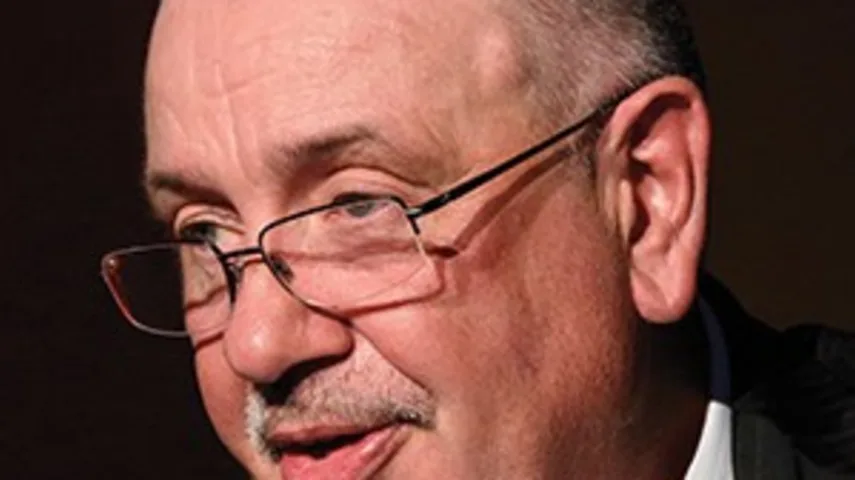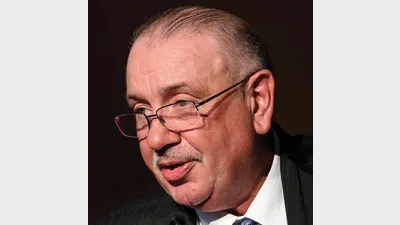FASEA code uncertainty must end



Discussions around the Financial Adviser Standards and Ethics Authority (FASEA) code of ethics have been going on for almost three years, the code itself has held legal status since February, last year, yet uncertainty remains.
A reflection of that remaining uncertainty was FASEA’s release in early October of a further draft guide covering the code which brings the level of guidance issued by the authority around the code to nearly 100 pages and this is before the consultation process has even finished. No one should regard this as acceptable.
It is particularly unacceptable in circumstances where financial advisers are being asked to adhere to a code which has been operational but about which there exist continuing important differences of opinion about how it should be interpreted, particularly around Standard 3.
It is in these circumstances that it is hardly surprising financial planning licensees are taking a significantly cautious approach to the code and urging that their authorised representatives do likewise.
None of this is, of course, helped by the fact that the Government chose to scrap well-advanced moves to have the industry establish code-monitoring bodies to, instead, pursue the recommendation of the Royal Commission into Misconduct in the Banking, Superannuation and Financial Services for the establishment of a single disciplinary body.
If the Government had stuck with its original plans, at least two code-monitoring bodies would already be in place and one suspects a good deal of the current uncertainty would have already been addressed.
This has not occurred and the priority being given by the Government to dealing with the COVID-19 pandemic means that it will likely be at least nine months before a single disciplinary body is established and longer still before it properly up and running.
In the meantime, the financial planning industry is being expected to muddle along living with a code of ethics which lacks final and broadly-accepted definitive guidance, an Australian Securities and Investments Commission (ASIC) which has signalled a largely non-interventionist approach and a FASEA which has clear funding only up until the next Federal Budget in May, 2021.
The future of FASEA is uncertain not only because of the eventual establishment of the single disciplinary body but because this month’s Budget papers provided funding guidance for the authority only up until next year’s Budget.
Of course, it would make good sense for FASEA to be subsumed into a single disciplinary body and from a political perspective this would allow the Government to conveniently deal with many of the issues which have surrounded FASEA, particularly ongoing industry criticism of its board and the manner in which the organisation has gone about its task.
But nine months is a long time in both politics and the financial services industry and the absence of single disciplinary body and the certainty it would bring is unacceptable notwithstanding the revised timetables outlined by the Government and the assurances issued by the Assistant Minister for Superannuation, Financial Services and Financial Technology, Senator Jane Hume, most recently at the Association of Financial Advisers virtual annual conference.
As things currently stand, it will be at least the second half of 2021 before the final building blocks are put in place and there is every chance that Australia will be in the midst of the run-up to another Federal Election campaign.
The industry needs more certainty than this.
Recommended for you
In this episode of Relative Return Insider, host Keith Ford and AMP chief economist Shane Oliver unpack the RBA’s decision to keep the cash rate on hold in the face of rising inflation and whether the governor’s hawkish tone is a sign of things to come.
In this episode of Relative Return Insider, host Keith Ford and AMP chief economist Shane Oliver discuss the September quarter GDP figures, which show Australia’s economy regaining momentum.
In this new episode of The Manager Mix, host Laura Dew speaks to Haley Devine, head of wealth management at MaxCap Group, to delve into private credit and commercial real estate.
In this new episode of The Manager Mix, host Laura Dew speaks to Benjamin Leung, head of systematic investments at Macquarie Asset Management, to understand the use of systematic investments.







